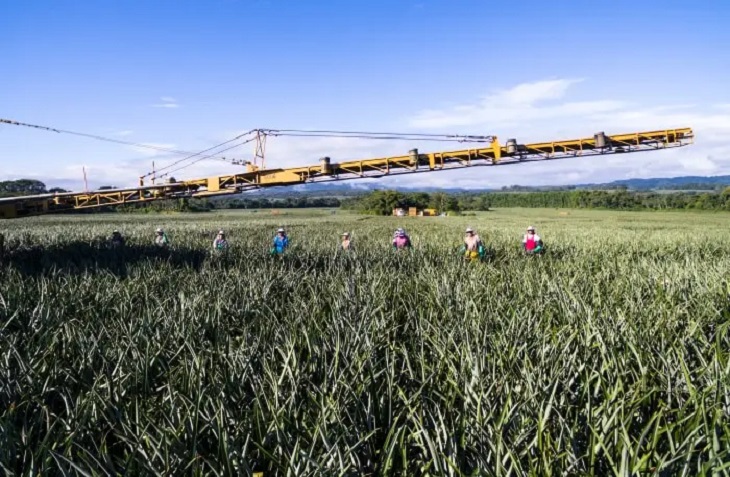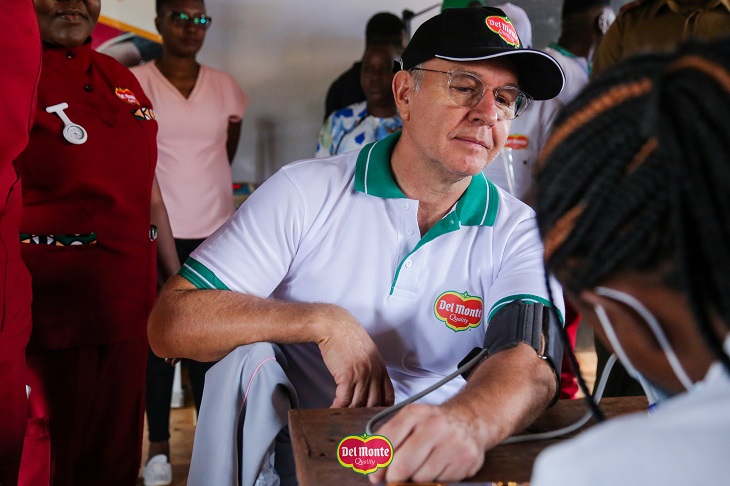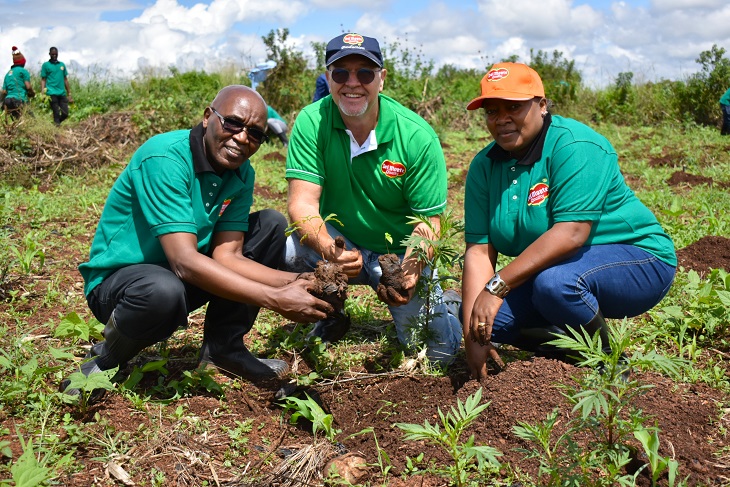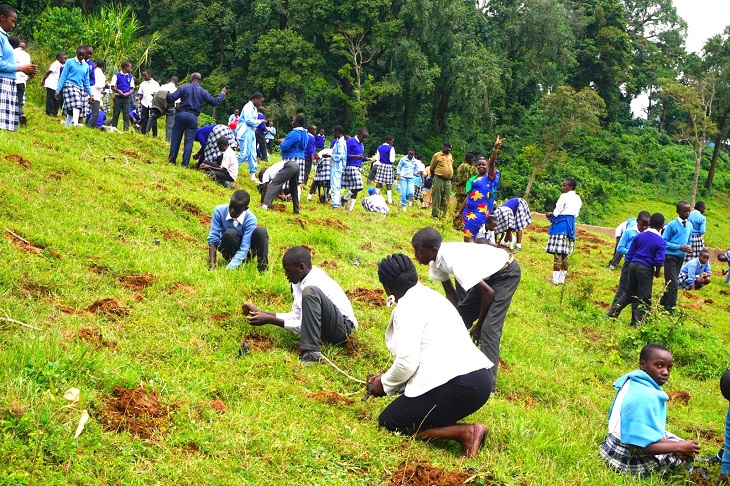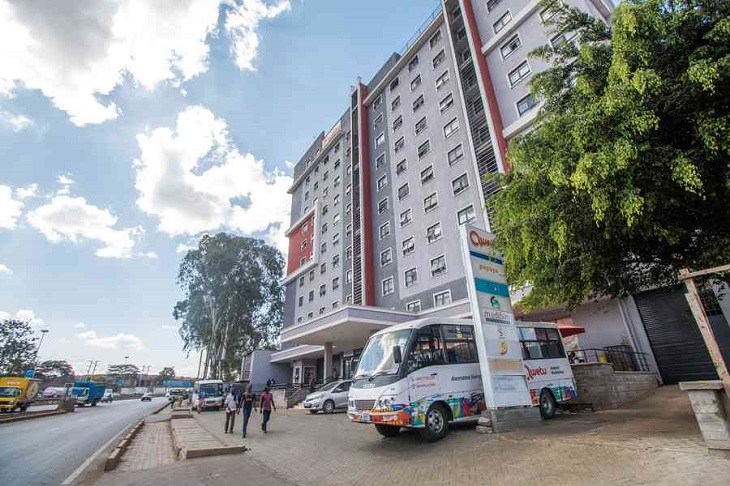The Federation of Kenya Employers said that overall unemployment in Kenya is 12.7 percent, among the highest in Africa and the top in the East African region. The Kenyan youth aged between 15 and 34, who form 35 percent of the Kenyan population, have the highest unemployment rate of 67 percent.
According to FKE, over one million young Kenyans enter the labor market annually without any skills, some having either dropped out of school or completed school and not enrolled in any college. At the same time, at least 50,000 Kenyans graduate annually from universities and colleges, joining the already saturated job market.
With at least 95 percent of Kenyan businesses being in the informal sector, millions of unemployed Kenyans have tried their hand at business. But even there, it is not a walk in the park, with stats from the Kenya National Bureau of Statistics (KNBS) indicating that at least 450,000 small businesses are shutting down annually in Kenya, translating to 30,000 monthly and 1,000 each day.
With unemployment numbers continuing to grow and with those employing Kenyans continuing to get lean, others, such as Del Monte Kenya, have remained constant in creating employment opportunities for Kenyans at all levels, both directly and indirectly.
Related Content: Del Monte Kenya Cements Its Commitment To Earth
How has Del Monte Kenya helped ease Kenya’s unemployment crisis?
Del Monte Kenya has been a significant contributor to employment and economic development in Kenya since its establishment in 1965. Specializing in pineapple cultivation and processing, the company has expanded its operations to include a variety of fruits, thereby creating numerous job opportunities and supporting local communities.
As of recent reports, Del Monte Kenya directly employs over 6,500 individuals. Beyond these direct jobs, the company’s operations have generated approximately 28,000 indirect employment opportunities through various business collaborations and supply chain activities.
For years, Del Monte Kenya has been massively investing in infrastructure and community development, which has gone a long way in empowering communities and businesses with easy access and commute. The company has been allocating 100 million shillings annually to maintain public roads around its facilities. This investment facilitates the efficient transportation of raw materials and finished products, benefiting both the company’s operations and the local communities by improving connectivity and access to essential services, hence a source of income for many.
In 2019, Del Monte Kenya invested 580 million shillings in a new fresh fruit packing facility within its farm. This facility, aimed at expanding the production of pineapples, avocados, and mangoes, has been creating direct jobs to boost the economies of Kiambu and Murang’a counties.
In May 2024, Del Monte Kenya launched a biofertilizer plant designed to convert pineapple residues into biofertilizers. This initiative underscores the company’s commitment to sustainable agriculture and environmental responsibility, potentially transforming the agricultural landscape in Kenya and creating additional employment opportunities in the green economy sector.
Through direct employment, infrastructure investments, expansion projects, and sustainable practices, Del Monte Kenya has played a pivotal role in job creation and economic development in Kenya. While challenges exist, the company’s ongoing initiatives demonstrate a commitment to supporting and empowering the Kenyan workforce and contributing to the nation’s broader economic goals.
What lessons can others learn?
Commitment to Gender Diversity and Inclusion
Del Monte Kenya has demonstrated a strong commitment to increasing female participation in its workforce. As of 2021, women comprised approximately 45 percent of the company’s 6,500 employees. Through this, Del Monte Kenya is contributing to breaking gender imbalance within the Kenyan workplace that has been a persistent issue, marked by wage disparities, underrepresentation in leadership, and challenges in accessing and retaining jobs.
Investment in Employee Welfare and Supportive Facilities
Understanding the needs of its workforce, Del Monte Kenya has implemented facilities such as a breastfeeding center to support female employees. This initiative aligns with recommendations from the World Health Organization and the Kenyan Health Act, facilitating a conducive environment for working mothers. Additionally, the company offers training on reproductive health and family planning, emphasizing the significance of addressing employees’ holistic well-being.
Embracing Sustainable Practices for Job Creation
Del Monte Kenya has ventured into sustainable agriculture by launching a biofertilizer plant that converts pineapple residues into biofertilizers. This initiative not only promotes environmental responsibility but also creates additional employment opportunities, showcasing how sustainability efforts can contribute to economic growth and job creation.
Prioritizing employee health and safety, in addition to health camps for communities
Del Monte Kenya has publicly stated its commitment to employee health and safety. The company emphasizes providing a safe work environment and has implemented policies to protect its workforce. Additionally, Del Monte’s Occupational Health & Safety (OHS) Management System covers all employees and third-party workers, something that should be emulated by others within and outside the sector.
Related Content: Del Monte Kenya’s Biofertilizer Plan Is A Game-Changer In Kenya’s Agricultural Sector
Offering Competitive Compensation and Benefits
Del Monte Kenya offers a comprehensive and competitive compensation and benefits package aimed at attracting and retaining talent while promoting employee well-being and development. For instance, workers received pay raises between 7 and 9 percent, depending on their job grade, with further increments scheduled, including housing allowances per month, and 32 working days of annual leave.
At the same time, Del Monte Kenya provides free medical services to employees and their dependents through six fully staffed and equipped company clinics. The company also has a dedicated breastfeeding center that has been established to support nursing mothers, aligning with WHO recommendations and Kenyan health regulations. What is more, Del Monte Kenya operates eight nursery schools, three primary schools, and two secondary schools, providing free education to employees’ children.
Investing in Community Development and Infrastructure
Beyond direct employment, Del Monte Kenya contributes to community development. These investments not only enhance operational efficiency but also benefit local communities, illustrating the broader impact businesses can have through infrastructure development.
There is no doubt that Kenya’s employment landscape remains heavily reliant on the informal sector, which accounts for 85 percent of all jobs created. This dominance of informal employment underscores the scarcity of stable, well-paying opportunities, particularly for the nation’s youth, who constitute a significant portion of the population.
As the country’s largest single exporter, Del Monte Kenya directly employs over 6,500 individuals and supports approximately 28,000 additional jobs through its supply chain activities. Beyond job creation, the company invests in sustainable practices, such as its biofertilizer plant that transforms pineapple residues into valuable agricultural inputs, fostering a circular economy. Moreover, Del Monte Kenya’s commitment to employee welfare, including health initiatives and educational support, exemplifies how private sector engagement can contribute to both economic growth and community development.
Related Content: Del Monte Kicks Off Journey To Plant 2.5 Million Trees


